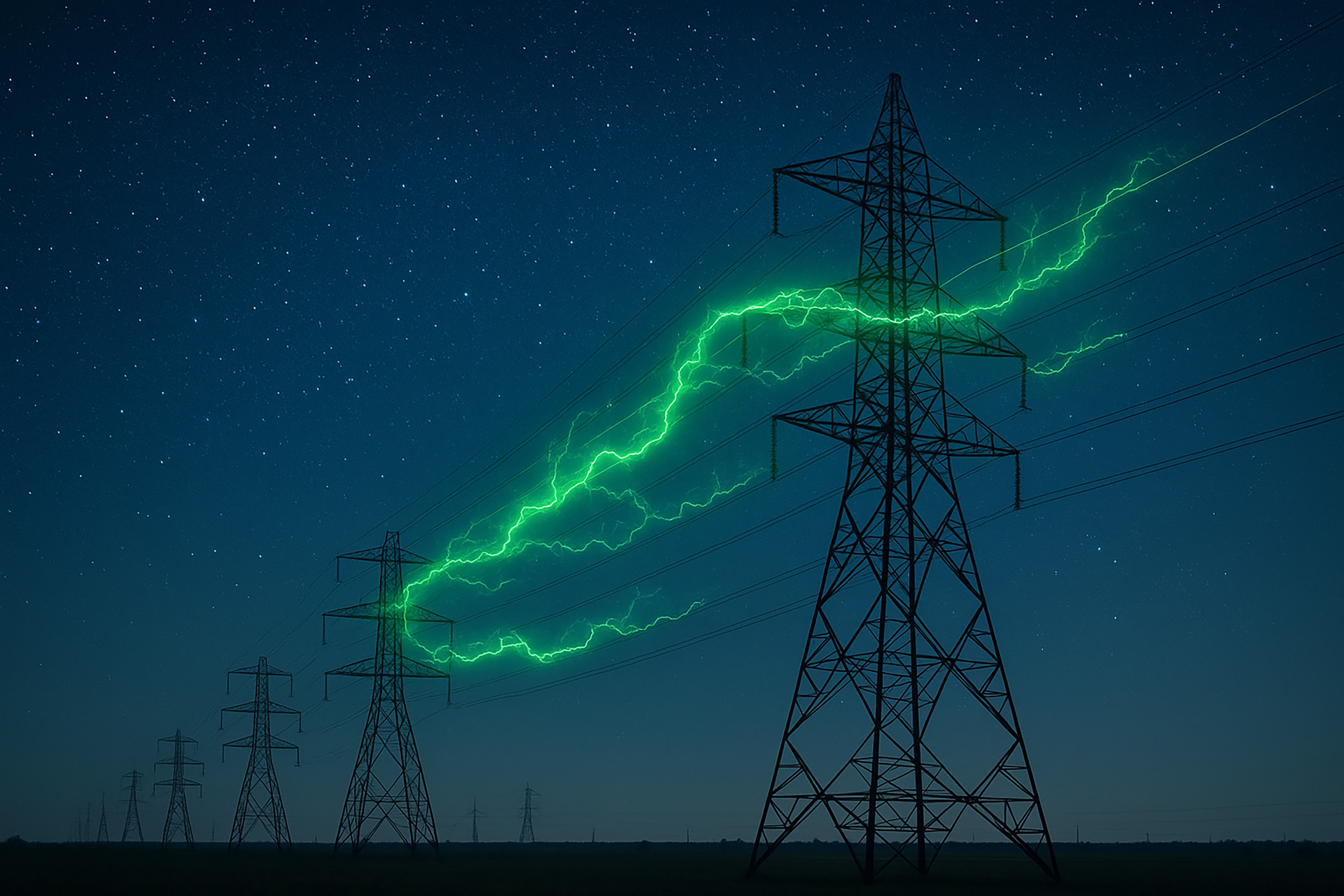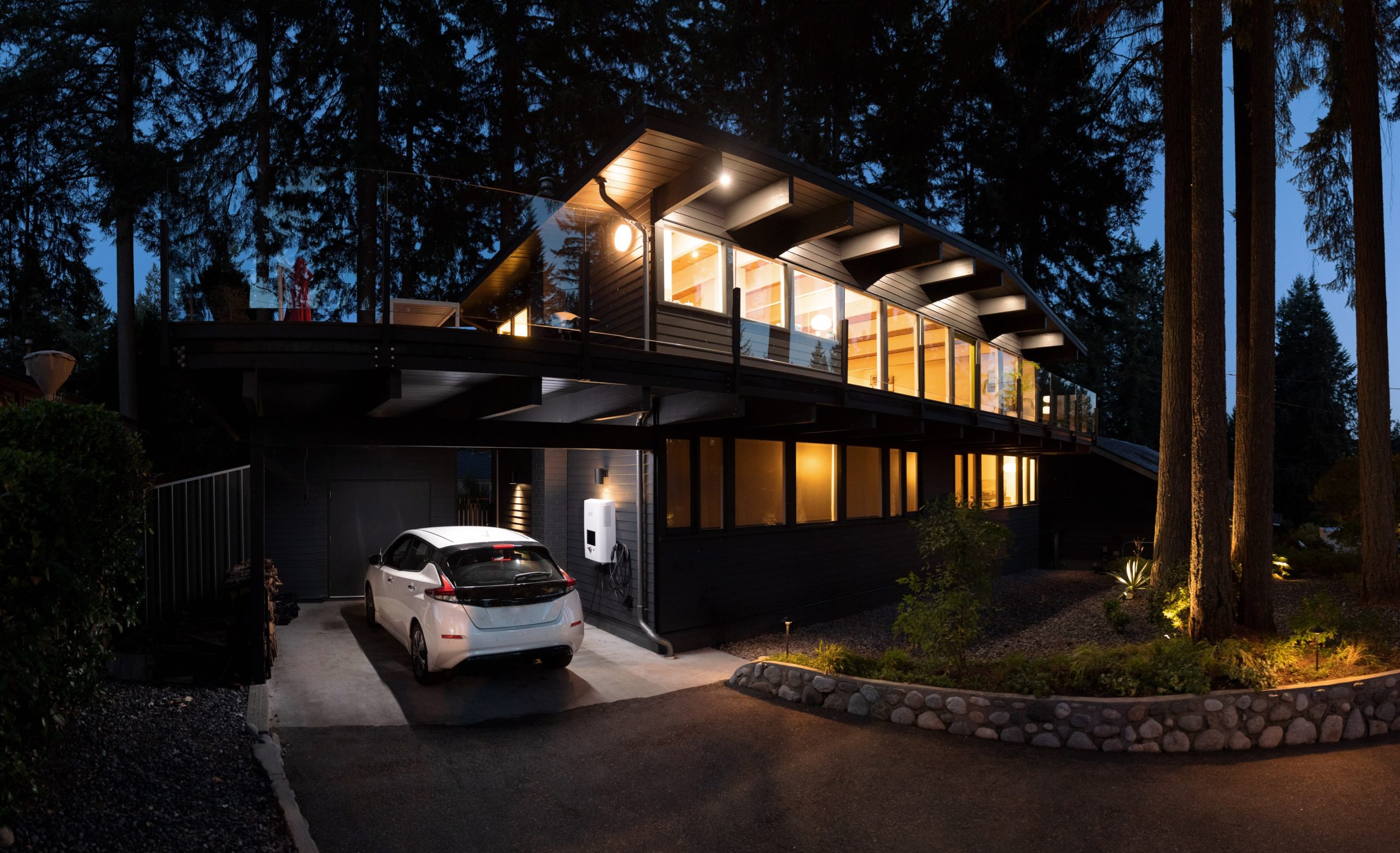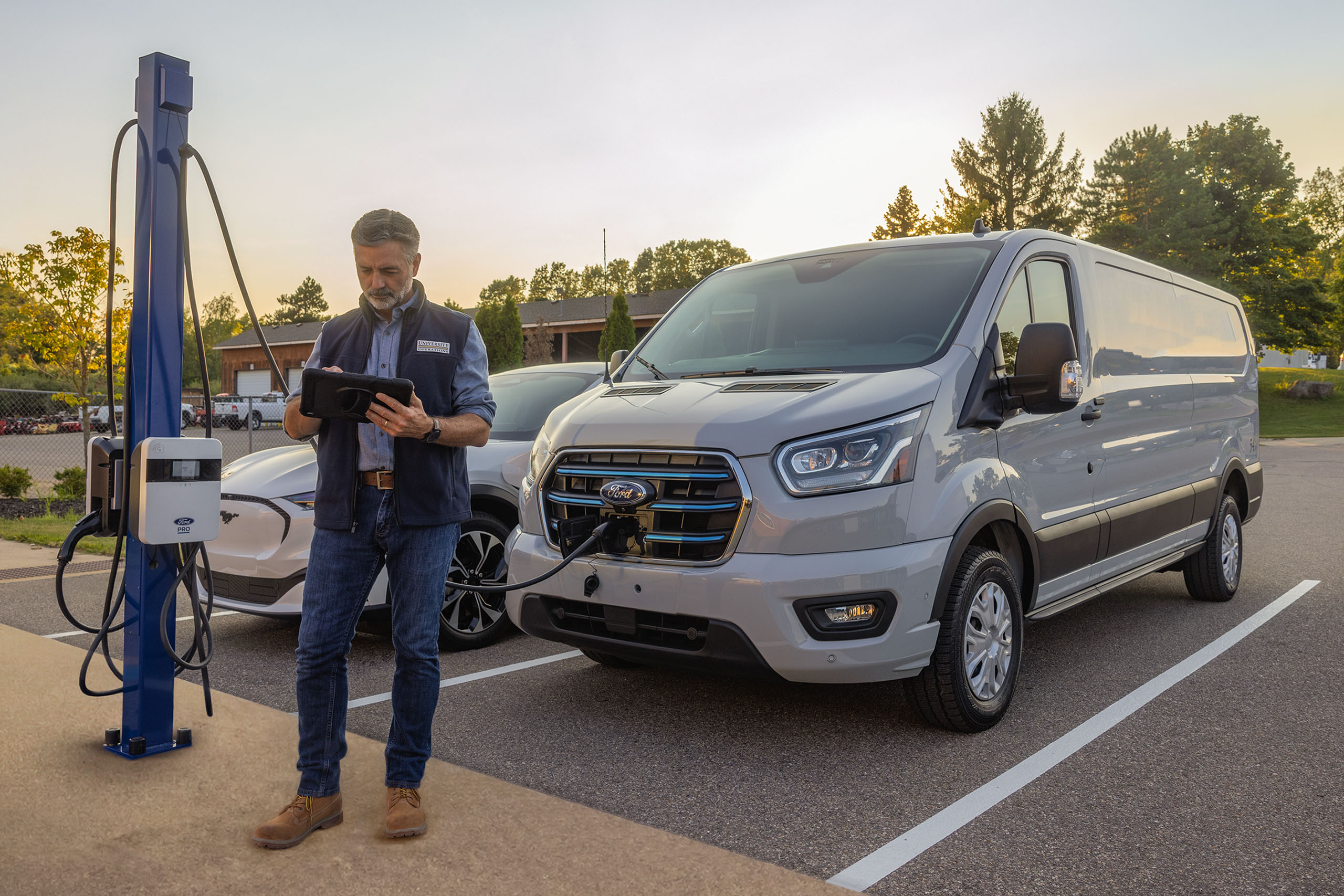

The EEI estimate includes:
- 74% level 2 charging at home or in multifamily dwellings
- 16% public charging stations
- 9% workplace charging
- 1% public direct-current (DC) fast charging stations.
By far, the most common place that drivers choose to charge their electric vehicles (EVs) is at home. Consumers are researching: how much is a level 2 charger at home? Dealerships and other businesses looking to enhance their brand can help consumers to answer this and other questions surrounding EV charger installation. Your business has a chance to be at the forefront of capitalizing on growing consumer interest in electrification.
At-Home Charging Capabilities

Level 1 Chargers
New EVs come with a level 1 charger, which looks like a robust extension cord and plugs into a standard household wall outlet. Level 1 chargers use 110 volts and charge a car at about five miles per hour.
The average car is driven 35 miles per day, according to Kelley Blue Book. That means using a level 1 charger overnight—say for eight to 10 hours—would fulfill the needs of the average driver.
Level 1 chargers also could suit the needs of EV owners who don’t always need a full charge or who drive plug-in hybrids (PHEVs).
PHEVs use a battery to power an electric motor and fuel to power an internal combustion engine.
Level 2 Chargers
Level 2 EV charging stations require a 240-volt circuit, like what a clothes dryer uses. The installation of a level 2 EV charger often requires an electrical upgrade, so the cost of a level 2 charger often involves labor costs for an electrician.
The average cost to install a level 2 charging station was $1,300 in May 2022, according to HomeAdvisor. Level 2 chargers can deliver up to 40 miles of charge per hour.
Incentives to Install Home Chargers
It’s been fairly well publicized that consumers who purchase an EV may be eligible for up to $7,500 in federal tax credits. However, many consumers may not be aware that the federal government also offers tax rebates for the purchase and installation of EV chargers. These incentives are in addition to any rebates for the purchase of the vehicle.
State funds are available for consumers as well. A large pool of money is available from the Volkswagen Settlement’s Environmental Mitigation Trust to offset the installation cost of home chargers. Some local utilities will also partially offset labor or equipment costs for electricians.
Business Opportunities and At-Home EV Chargers
So what do consumer incentives for EV charger installation mean for your business? EV drivers who charge at home still go to work, shop at the store, and take vacations. This creates opportunities for businesses to meet the needs of EV drivers who want to charge at the places they frequent. In some cases, the availability of EV charging can sway a consumer’s decision to patronize your business.
Attracting Tenants to Multifamily Dwellings

EV owners who live in multifamily dwellings or park on the street look for businesses that offer EV charging stations. These stations are valuable amenities for properties seeking to attract prospective tenants and retain current tenants, according to the New York State Energy Research and Development Authority (NYSERDA).
Workplace Charging
Workplace charging can help attract and retain a cutting-edge workforce, according to the Vehicle Technology Office of the US Department of Energy. EV drivers are looking at their employers to provide EV charging solutions. 91% of employers received positive feedback from employees for installing workplace charging, according to Plug In America. Plus, 52% of employees surveyed believe their employers should be doing more for the environment. The Department of Energy also supports workplace charging through its Alternative Fuels Data Center.
Dealerships and EV Charging at Home
Dealerships face a lot of unknowns as original equipment manufacturers (OEMs) continue to invest in promoting EVs.
EVs tend to have fewer mechanical parts than internal combustion engine vehicles do, so the influx of EVs almost certainly will result in a loss of revenue from vehicle service. In fact, some OEMs, such as Nissan, are even using maintenance savings as a way to attract customers and encourage them to purchase EVs. As a result, EVs could cause a decrease in aftermarket spending on parts as much as 40%, a McKinsey study suggests.
Developing New Revenue Streams
To offset predicted losses in revenue from decreased need for maintenance and parts, dealerships will need to develop new revenue streams. Since EV customers will be looking for EV charging advice, innovative dealerships can pivot to address this new opportunity. For the first time, dealerships can consider interacting with customers at their homes from an after-sales perspective.
For example, dealerships can coordinate home installation services for level 2 chargers or do the installation themselves. For those EV drivers who are unable to charge at home, dealerships can offer public-facing EV chargers for customers. See our entire Chargeparc ecosystem.
Educating Consumers at Dealerships
As dealerships await an influx of EV inventory, Future Energy sees an opportunity to act as a guide for customers with questions and concerns about owning an electric vehicle.
For example, a recent Consumer Reports survey revealed that 71% of Americans expressed some level of interest in buying or leasing an EV, yet 46% were unaware of the available financial incentives.
Dealerships with comprehensive knowledge of EV charging solutions can not only answer customers’ technical questions about EV charging, but go one step further. Educating a customer about financial incentives for EV charging at home could make the difference in a sale.
Innovative Thinking for Proactive Businesses
Future Energy helps companies use the increasing consumer demand for electrification to drive business to their doors. We help dealerships with EV charging hardware and consult on home installation program development.
Contact Future Energy today to find out how your business can capitalize on a common consumer question: How much is a level 2 charger at home? Our expert consultants help you determine how you can use EV charging solutions to best serve your customers.



